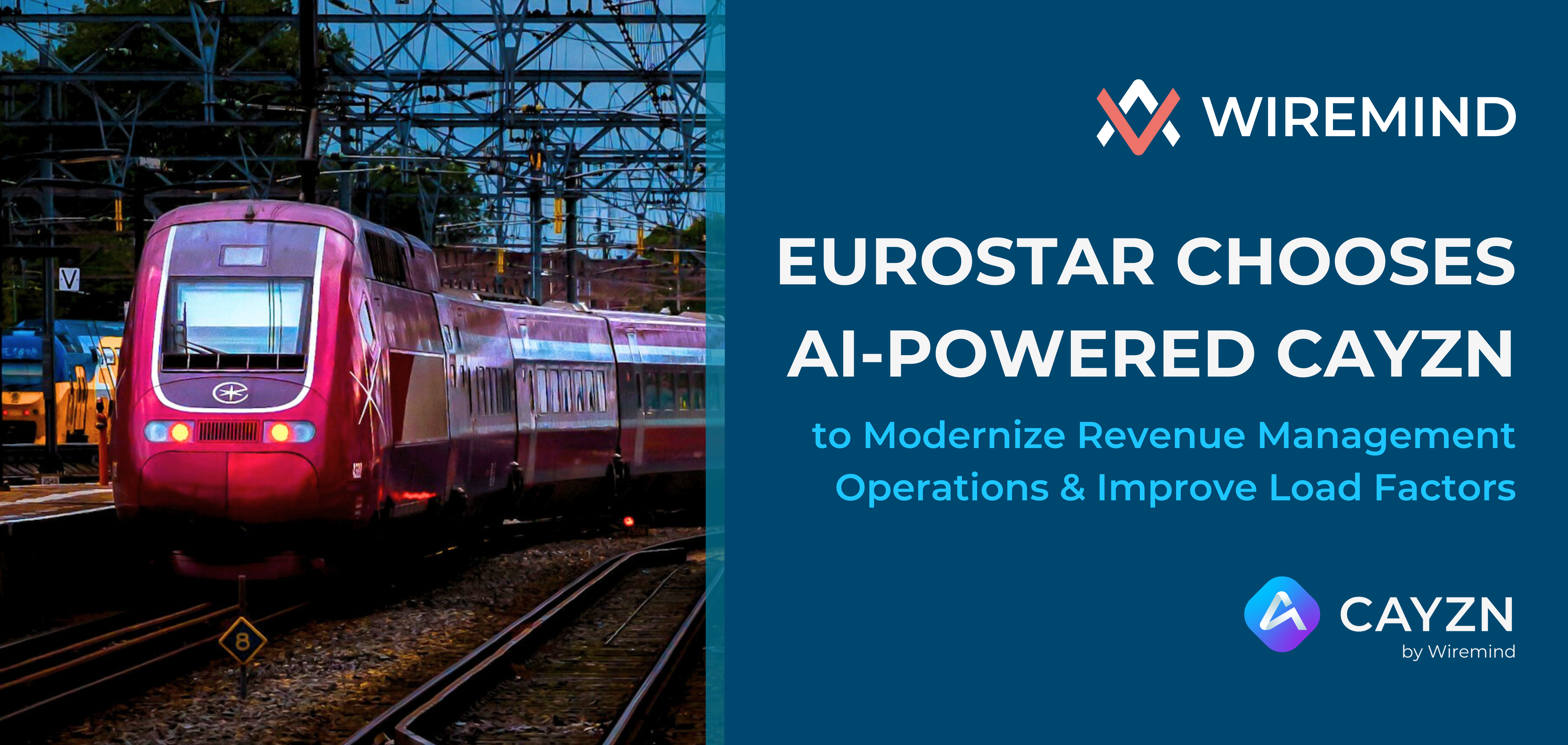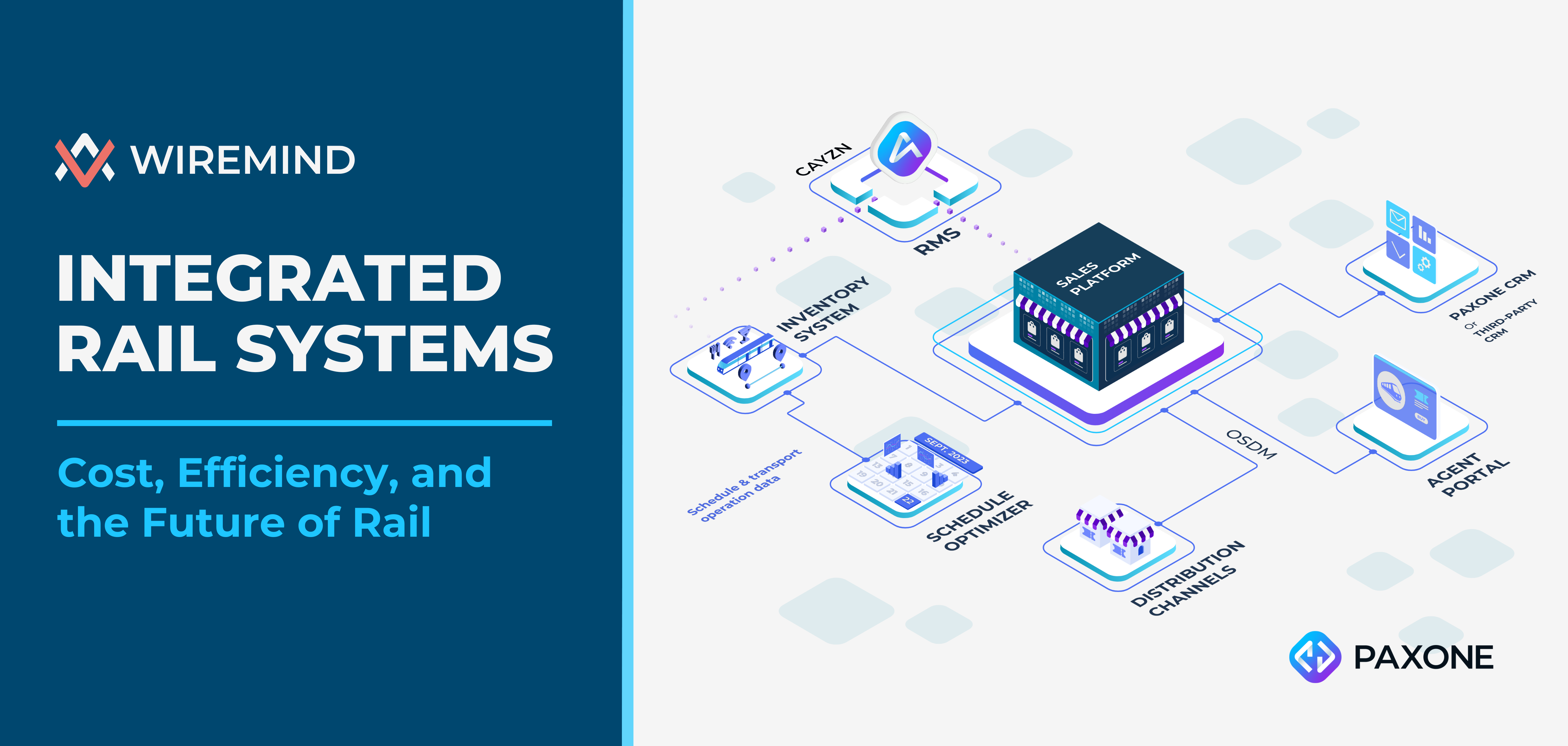Elevating Event Experience: The Alchemy of Artificial Intelligence and Machine Learning in Enhancing Ticketing Systems

Sporting events and concerts bring together people from diverse backgrounds in shared moments of joy, passion, and cultural expression. How can technology elevate these experiences by eliminating bottlenecks and limitations?
Let’s consider the mayhem that transpired during the ticket sales for Taylor Swift’s concerts- the delays, website failures and outright cancellations due to insufficient remaining ticket inventory, sparking a storm of disappointment and outrage. Incidents such as these underscore the reality that ticketing experience has a huge impact on the credibility of the organisers and the enthusiasm of fans. Which is why preventing such mishaps must be on top of the list for organisers.
How can AI and ML help mitigate some of the major challenges facing the sports and events industry?
Thanks to Artificial Intelligence (AI) and Machine Learning (ML), breakthrough innovations are now available to help create ticketing experiences that are delightful for event organisers and enthusiasts alike. While ML leverages historical data to forecast future behaviour, AI supercharges your strategy, fine-tuning settings based on the valuable insights provided by ML. They work hand in hand- ML is adept at predictive analytics and optimisation while AI excels in real-time data processing. Simply put, Machine Learning forecasts all potential behaviours, and by considering the ML predictions, Artificial Intelligence makes choices that align best with your criteria, whether they pertain to internal aspects like boosting occupancy rates or external factors such as live sales trends or even weather conditions. To explore how these technologies are transforming ticketing experiences, turning challenges into opportunities, let’s break it down.
Challenge #1: Uncertain demand estimation
Event organisers are tasked with critical tasks such as determining the number of tickets to make available for sale, set appropriate pricing, and allocate resources effectively. Needless to say, it’s tricky territory. Overestimating demand means facing empty seats and revenue losses. On the other hand, underestimating may lead to sold-out events, disappointed fans and missed opportunities to boost revenue. The inherent uncertainty in striking this delicate balance presents a real challenge for organisers.
Solution: Predictive analysis for demand forecasting
By utilising historical data and considering factors like past sales trends, seasonality, and external variables to accurately forecast demand, predictive analysis not only mitigates the uncertainty surrounding ticket sales but also empowers organisers to enhance overall fan experience. This means that organisers are better equipped to maximise their earnings by aligning ticket supply with demand, and at the same time, alleviate the frustration that potential attendees may experience due to sold-out events.
Prediction is key information. Predictive analysis plays a crucial role in providing event organisers with actionable insights, allowing them to proactively address potential issues. For instance, it enables organisers to implement strategies such as gradually opening sales group by group to effectively manage surges in demand— a practice that proved successful during the 2024 Olympic Games — or raising prices to reduce the demand. In short, demand forecasting effectively minimises the risk of revenue loss, presents the opportunity to maximise earnings, while also helps create a more satisfying fan experience.
Challenge #2: The rigidity of fixed pricing in a dynamic market
Consumer preferences and purchasing behaviours have become increasingly dynamic over the years. Different segments of attendees are willing to pay different prices for the same event. Traditional fixed pricing may have worked previously when times were simpler and demand more predictable. But today, markets have evolved and so have the consumers’ willingness to pay. Fixed pricing cannot adapt to these variations in demand and often leads to revenue loss during peak demand when consumers are willing to pay more and deters potential buyers during off-peak times when prices could be lower. It’s also worth noting that while many industries like transportation and hospitality have accepted this reality, there still are those that are not yet very comfortable with it. It still requires more acclimation and preparation.
Solution: Dynamic pricing
Through the analysis of various factors such as demand, historical sales data, real-time market conditions, AI can equip event organisers to implement dynamic pricing strategies that maximise revenue while offering fair ticket prices to customers. Whereas organisers can more accurately set prices based on demand, possibly leading to more revenue, fans can potentially save money by purchasing tickets at lower prices when demand is lower. Also consider scenarios where tickets that don’t sell out easily, for instance, in games. In such cases, with the help of AI-driven technologies, organisers can sell more tickets to both local and fans from further away, boosting occupancy rates. Besides, dynamic pricing makes scalping less profitable, discouraging unofficial resellers from exploiting the system.
Challenge #3: Lack of Visibility and Responsiveness in Ticket Sales and operations
High-demand events are double edged. While they can be incredibly lucrative and offer great potential for boosting revenue, they also pose challenges to scalability, as they bring in a significant influx of website traffic and ticket purchase attempts. On that note, there’s one major obstacle that often gives rise to operational challenges- the lack of timely visibility into processes, resources, and performance.
Solution: Real-time insights
Given the intricacy of the landscape, it’s important for organisers to prioritise enhancing their monitoring and analytical capabilities. Real-time insights are a game changer, particularly in this regard. By providing immediate feedback on sales activities, it allows teams to see the impact of their efforts and make quick adjustments to their strategies, if need be. It also plays a role in improving operational efficiency by identifying bottlenecks, resource constraints and performance issues promptly, thereby enabling organisers to take corrective actions and optimise their processes. Additionally, features such as access control provide users with real-time information about people at the venue. Real-time insights allow for the efficient allocation of resources such as ticketing personnel, security and customer support, in accordance with fluctuating demand, ensuring a more responsive and tailored approach.
AI & ML: Transforming ticketing into a delightful experience for organisers as well as fans
From the seamless automation of ticket purchases to the ability to predict customer preferences, AI is enhancing every facet of the ticketing process. It wouldn’t be an overstatement to say that this combination is, in fact, redefining modern ticketing as we know it. What lies at the intersection of human experiences and cutting-edge technology is the ability to create truly unforgettable moments for fans and highly rewarding opportunities for organisers.
Discover Wiremind’s ticketing management solution, EVENTORI. Get a demo of how a modern ticketing solution would look like, and how it would help you create the experience you are seeking. Send an email to [email protected] and our product experts will reach out to you for a free, personalized demo!
Wait a sec! Interested in a quick demo?
Witness how Wiremind's optimization solutions can supercharge your operations.
Book a demo













